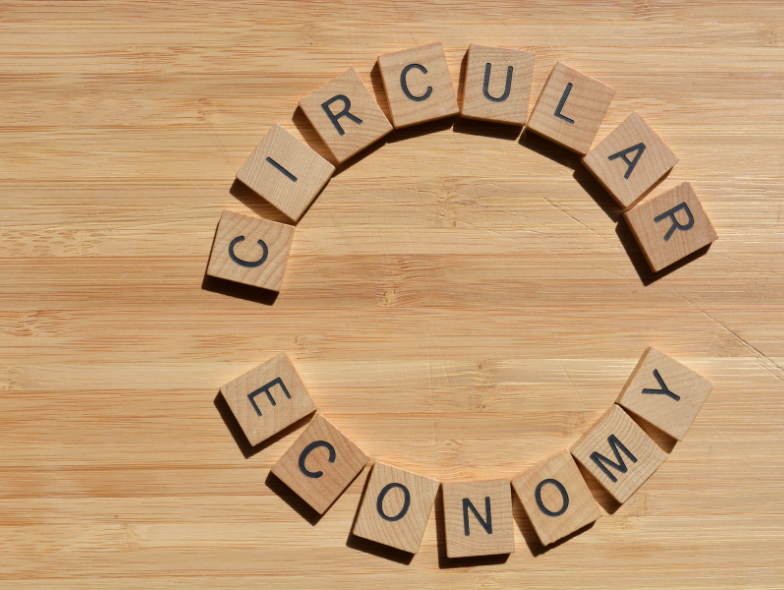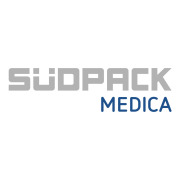On track at CPHI Barcelona - The Track Sponsor interview: SÜDPACK Medica

In our packed out content sessions at CPHI Barcelona this year we focus on some of the hottest topics coming up in the pharma industry, with each track sponsored by a leading expert in the field.
We have a dedicated track this year on Creating a Circular Economy, which is being sponsored by SÜDPACK Medica. We interview Pieter van Gool, Business Development Manager at SÜDPACK Medica about their track and the significance of a circular economy in pharma.
Strong product development professional with demonstrated capabilities in leadership, strategy, innovation management, product development and industrial design, and significant experience in the medical device packaging industry. Focused on including patient safety till the point of care and improving patient outcomes.
Formerly worked at Nelipak Healthcare Packaging with multiple international leadership roles in packaging design, development, and innovation management. Active member in Kilmer innovations in Packaging; Co-Chair Education committee, Sustainability Program member, Marketing and Communication and Branding committee member. Active member of the Sterile Barrier Association; Co-Chair Education Committee.
Can you please give an overview of SÜDPACK Medica and what your key priorities are as a company, and what makes you unique?
SÜDPACK MEDICA AG has been a partner to the global pharmaceutical, medical device, and diagnostics industries for more than 30 years. As a specialist in plastic coextrusion, we develop and manufacture films for flexible packaging, for form-fill-seal solutions, and for rigid thermoformed trays. In addition, we manufacture sterile barrier systems for medical applications in a cleanroom environment.
With a plant for biopolymers and compounding, we are a competent partner for forward-looking, sustainable packaging concepts. Environmental, economic, and social responsibility are deeply rooted in our DNA with focus on sustainability through packaging recyclability, and reduced carbon emissions.
What makes us unique is that we provide a polypropylene mono-solution with excellent transparency, good, and stable shrinkage behaviour, wider thermoforming and sealing window, and, together with our controllable push-through lidding, we provide the full mono-package solution that is recyclable ready.
You’re the Track sponsor for ‘Creating a Circular Economy’, can you give us the key takeaways from this track?
Circularity is still in its infancy, a strong value chain collaboration is essential for establishing a circular economy with success. Success stories are already out there. Speakers will talk about case studies in the use of recycled and renewable feedstock, transparency on product and packaging emissions, sustainable packaging models, and putting ESG into practice to name a few. The presentations and discussions will inspire others in joining this critical journey, providing guidance with relevant facts to build a meaningful circular economy.
Why is this area particularly important?
The human characteristic of failing to see the bigger picture and pursuing short term goals is our biggest enemy. Industry-wide collaboration is required to paint the bigger picture and facilitate decisions that help to change the global warming tragedy into a triumph. Value chain collaboration enables the opportunity to create standardisation that benefits everyone.
What can we expect to see in the future in supply chain innovations?
The topic of sustainability has taken long time to arrive in the pharmaceutical industry for many reasons. More and more leading research-based pharmaceutical manufacturers are committing to the guiding principle of sustainability and aiming for climate neutrality in the coming years. As part of that effort the better word here for sustainability is circularity.
Nevertheless, the chemical-pharmaceutical industry today faces enormous challenges: in addition to high energy and water consumption, the global supply chains and, the large quantities of harmful residual materials and, above all, packaging waste are therefore coming into focus.
On the other hand, the interest of stakeholders and society as a whole in sustainable solutions is growing. The same applies to the interest of political and governmental institutions, which have already legally anchored country-specific and also cross-national regulations for reducing packaging material consumption and for the recyclability of packaging materials or are continuing to vigorously promote corresponding projects. The most prominent initiatives include the German Packaging Act, the Green Deal, the Corporate Sustainability Reporting Directive (CSRD), the European Union's plastics strategy and, last but not least, the much-discussed CO2 levy and the plastic tax.
How do events like CPHI Barcelona help to accelerate these track fields in the wider pharmaceutical industry?
Events like this can help by creating awareness and inspiring the global pharma community to connect with every step in its journey. Sharing relevant information on how a sustainable future in pharma can be established through collaborative innovation is also endlessly helpful for achieving sustainability goals across the industry. Attending and connecting is made easy in-person and through online events, allowing valuable partnerships to be made.
Position your company at the heart of the global Pharma industry with a CPHI Online membership
-
Your products and solutions visible to thousands of visitors within the largest Pharma marketplace
-
Generate high-quality, engaged leads for your business, all year round
-
Promote your business as the industry’s thought-leader by hosting your reports, brochures and videos within your profile
-
Your company’s profile boosted at all participating CPHI events
-
An easy-to-use platform with a detailed dashboard showing your leads and performance
